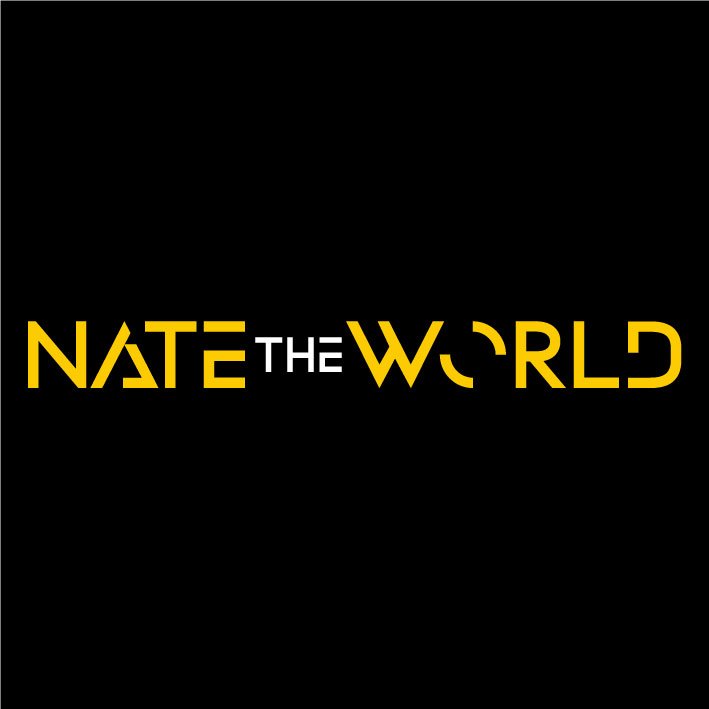I arrived at Seattle University in the fall of 2011 pursuing something deeper than education. Already in possession of a Bachelor of Arts in Broadcast Communication from the University of Central Oklahoma, yet with no intention of ever working in television or radio, I began my Seattle U journey with the hopes of unlocking my passion, discovering something about myself, building a network, and adding new elements to my worldview. In the classroom, I learned profound lessons that I hold dear and serve me well inside and outside of the classroom.
As I reflect on those lessons, the United States finds itself mired in chaos. A global pandemic has taken the lives of over one hundred thousand of our fellow citizens. Millions are without work and it has exposed deep fault lines between rural and urban communities. As we find ourselves emerging from that crisis, deep racial divides in our country are being protested in the streets of hundreds of cities. Millions of our fellow citizens have taken to the street to protest the killing of George Floyd in police custody in Minneapolis, MN. They are marching and organizing seeking police reforms and an end to the systemic racism that has taken root deep within the belly of America. These protests have exposed racism, police brutality, and failures of leadership at all levels.
When the COVID-19 crisis began, I hoped it would be a unifying moment much like the September 11th attacks. Instead, it magnified our divisions and brought to the forefront the ineffectiveness of American leadership. Instead of looking to national leadership, states and local municipalities took the lead. By doing so, the truth of real leadership was realized. Now, we are beginning to see light at the end of the tunnel. For all of our work, I think we are beginning to realize that we must depend on each other and not some invisible federal hand. This is where I realized one of the most important lessons learned at Seattle U; Leaders can only take you so far. If we want to solve huge challenges, then we must go together.
In the case of George of Floyd and the fallout from his murder, some of the most profound lessons learned at SU have fallen on my shore like tsunami style waves. In the last few days, I have begun to dig deeper into my privilege as a white man. I have started to question the tactics used by militarized style police forces. I have thought deeply about how my work in the nonprofit sector can begin to heal the divisions in this country. I have spent time evaluating where my philanthropic dollars land and how they can be used to lift up communities of color. I have spent time listening and thinking about my leadership style can be more inclusive in the future. I have wondered deeply about lifting others up and the world I want to inhabit after the protests end and justice begins to be realized.
Finally, when I was at Seattle U, in almost every class, we were awarded participation points in class as a part of our grade. This meant we spent a lot of time jockeying for the professor’s attention by raising our hands and answering questions in class. This often-meant repetition and opinions that could have been summarized more succulently. I pretty quickly made the decision to not play this game. I recognized the unafforded weight my words carried because I was a white male in an education setting. Instead of trying to dominate, I chose to make space for others to speak. I would only speak when I thought I could add value to the conversation. This lesson has followed me from the classroom to the workplace and into my civically engaged life.
Now, as I stand on the precipice of a world that has changed, I am choosing to take this lesson even further. I want to make space for marginalized voices. I want to learn from them and have their voices shape my worldview. I want them to influence the decisions I make as a leader. I want to create spaces for deep conversation and learning. I want to be a person of action for others. I want to continue exploring my white privilege and work to disarm its harm. I want to be educated and I want to make an impact.
These things are important to me because I want to do my part in building a more inclusive and just society. America’s original sins are deep, painful, and everlasting. They define who we are, but they should also shape who we are to become. I am one white man living in Seattle, Washington, but I am choosing to not look away from the pain felt in the first five months of 2020. Instead, I am choosing to learn from this experience in hopes that I can be a better friend, partner, employee, and citizen.
Be good to each other,
Nathan
This website exists because of readers and supporters. If what you just read made you smile, please consider supporting the website with a monthly gift. Your support means everything and proves to the world that original content still matters.




